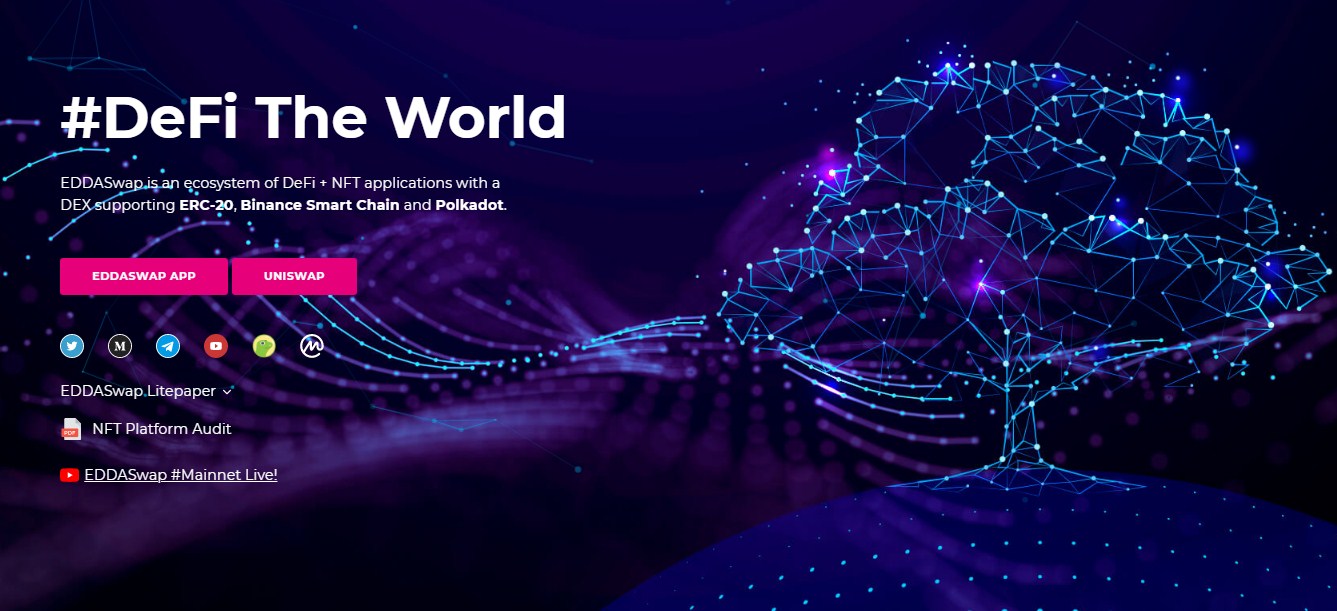Are you exploring the world of non-fungible tokens (NFTs)? As NFTs continue to gain popularity, it’s crucial to understand the security issues surrounding them. In this comprehensive guide, we’ll delve into what NFTs are, their security risks, and how to best protect yourself from potential threats.
NFTs are unique digital assets that represent ownership of specific items such as art pieces, music, or even tweets. While NFTs offer exciting new opportunities for artists and collectors alike, they also pose significant security risks.
One common security concern with NFTs is the possibility of theft. Since NFTs exist solely in digital formats, they are vulnerable to hacker attacks. Moreover, NFT marketplaces are often unregulated, making them an easy target for scammers and fraudsters.
Another security risk associated with NFTs is the possibility of loss or damage. Unlike physical assets, digital ownership can be lost if not adequately secured. There have been instances of people losing access to their NFTs due to forgotten passwords or corrupted hard drives.
To protect yourself from potential threats, it’s essential to take necessary precautions. First and foremost, ensure that you understand the platform where you plan to buy or sell NFTs thoroughly. Research the reputation of the marketplace and the seller before participating in any transactions.
It’s also important to secure your digital assets by using two-factor authentication and safe storage methods. Consider using a hardware wallet or cold storage solutions to store your NFTs securely.
In addition to securing your assets, it’s crucial to stay informed about potential threats and security issues in the NFT ecosystem. Keep up-to-date with the latest news and developments, and be aware of emerging scams and fraudulent schemes.
In conclusion, while NFTs offer exciting new opportunities for digital ownership, they also come with significant security risks. By understanding the potential threats and taking necessary precautions, you can protect yourself and your digital assets in the NFT ecosystem. Stay informed and stay safe.
Related Terms: NFTs, security risks, theft, marketplace, two-factor authentication, hardware wallet, cold storage, scams, digital ownership.
The Security Risks in the NFT Ecosystem
Smart Contract Vulnerabilities
Smart contracts are essential components of the NFT ecosystem, and they enable the creation and execution of transactions without intermediaries. However, the complexity of smart contracts exposes them to various security risks. Hackers can exploit errors or weaknesses in the code to steal or modify NFTs and other digital assets. The DAO hack in 2016 is a prime example of the exploitable nature of smart contracts. It’s crucial to ensure that smart contracts undergo rigorous testing and auditing for vulnerabilities and weaknesses before deploying them. The NFT ecosystem must prioritize the security of smart contracts to prevent future attacks.
Lack of Regulatory Frameworks
The NFT ecosystem operates on decentralized platforms, which means there is no regulatory oversight from central authorities. Lack of control in the NFT ecosystem presents several challenges in cybersecurity. For instance, malicious actors can use NFTs to bypass sanctions, launder money, and fund criminal activities. Additionally, investors in the NFT market lack legal frameworks to protect their assets. As such, it’s critical to establish robust regulatory frameworks to govern the NFT ecosystem and provide investors with legal recourse. A regulated NFT ecosystem will ensure that only legitimate actors participate, leading to enhanced security.
Centralized versus Decentralized NFT Platforms
There are two types of NFT platforms- centralized and decentralized. Centralized platforms have a single entity managing the platform, while decentralized platforms operate via a distributed network. Centralized platforms offer better user experience and ease of use, but they pose security risks as they require trust in third-party entities. Decentralized platforms, on the other hand, are more secure as they eliminate intermediaries, making it challenging for malicious actors to exploit vulnerabilities. However, decentralized platforms often have a steeper learning curve, and not all users are familiar with them. Choosing between centralized and decentralized platforms depends on the user’s priority, but security must be the chief concern.
